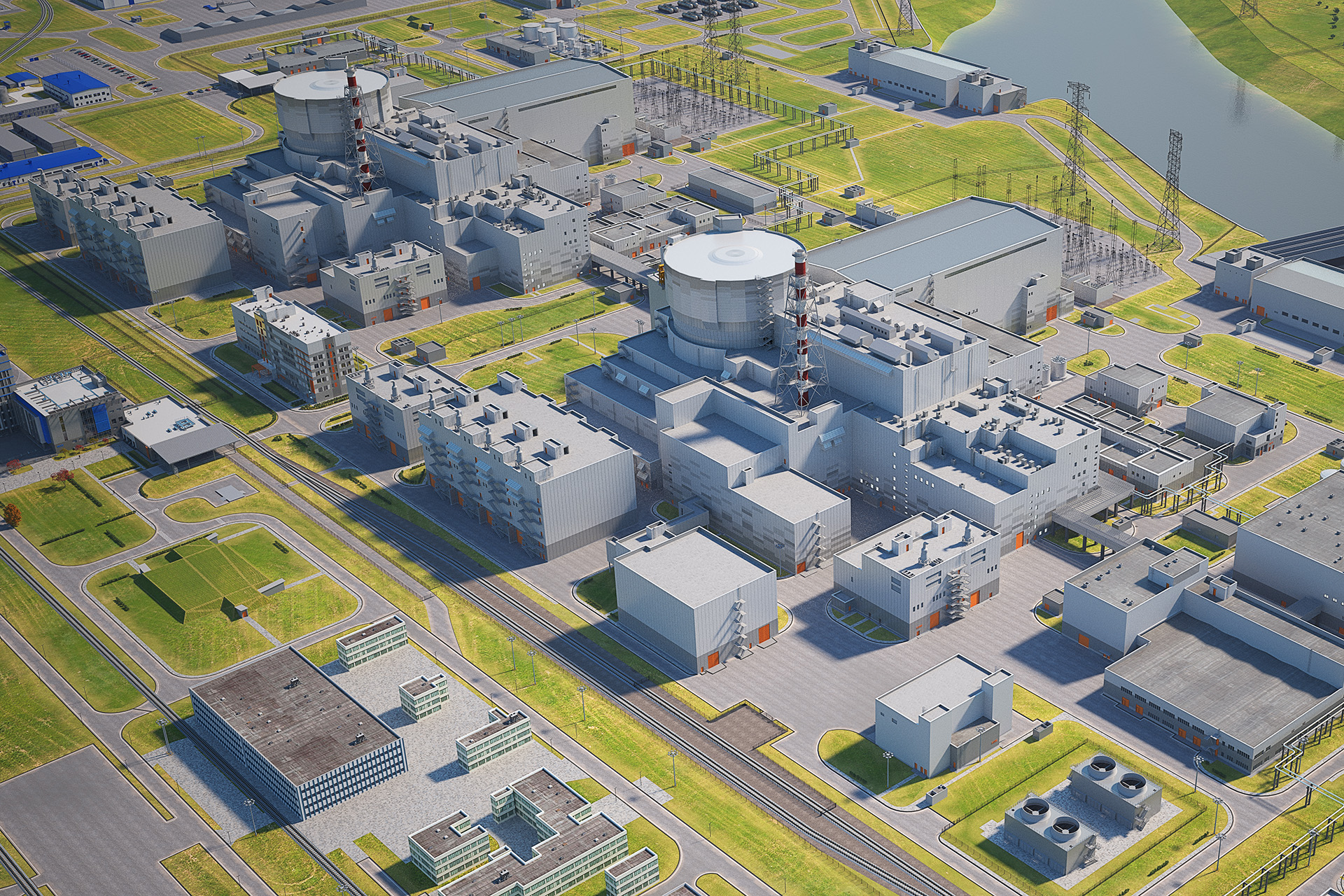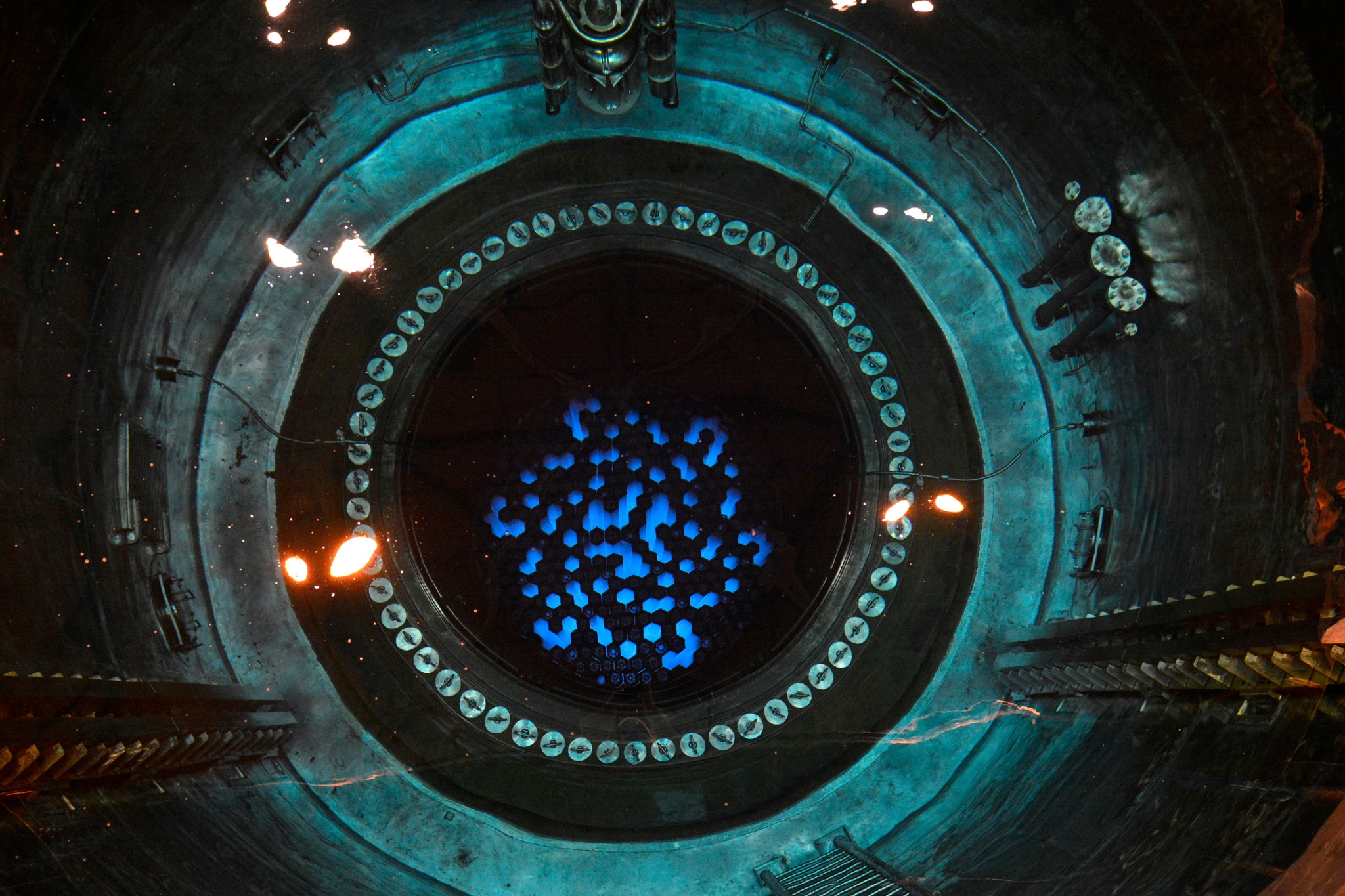
The Paks project guarantees the long-term security of Hungary's energy supply, Foreign Minister Péter Szijjártó says.Continue reading

The European Union aims to increase the share of renewables in Europe’s energy mix to at least 40 percent by 2030. However, the investment needed to achieve this could cost up to €1,000 billion, reported the Oeconomus Economic Research Foundation.
Almost half of the EU’s Member States already have nuclear reactors in operation, which could significantly reduce the amount of investment needed to meet climate targets. If nuclear energy, as a low-carbon energy source, were included in climate targets, the EU could save nearly €130 billion in the expected transition, states the research article.

Photo: Facebook/Paks II. Atomerőmű Zrt.
The European Union has set out key proposals for Member States to significantly reduce greenhouse gas emissions. The final target – the share set out in the Renewable Energy Directive – has increased since the outbreak of the war between Russia and Ukraine, but there is no guarantee that the EU can meet the targets with a war-stricken budget.
In this debate, nuclear energy is playing an increasingly important role as a low-carbon energy source.
Germany, Denmark, Austria, Luxembourg, Ireland, Portugal, and Spain all oppose the inclusion of nuclear power in the targets, while France, the Czech Republic, Poland and six other Member States support it, warning that
excluding nuclear from the targets would slow the development of hydrogen fuel, which Europe is relying on to decarbonize heavy industry.
Meeting climate targets with fully decarbonized investments would be costly, and according to Eurostat and Statista, could cost close to a thousand billion euros.
This can be mitigated by the inclusion of nuclear power, which is already present in many Member States across Europe and is typically low carbon.
Nuclear energy currently accounts for about a quarter of the EU’s energy mix, half of which is produced in France, according to the Research Foundation’s findings.
So far, only three European countries have completely stopped nuclear power generation once they had operational reactors: Lithuania, Germany, and Italy. Nuclear power has been replaced in the energy mix by renewables. But many Member States are focusing on increasing capacity rather than phasing out. The 103 reactors currently in operation in Europe help to supply energy to 13 Member States, several of which have expanded capacity in recent years.
Of all European countries, France has the highest exposure, with nuclear power accounting for 63% of total domestic electricity generation, compared to 60% in Slovakia, 47% in Hungary, and 46% in Belgium.
At present, the EU’s long-term budget for 2021-2027, including the NextGenerationEU economic recovery instrument, amounts to €2,000 billion in current prices. This budget aims to repair the economic and social damage caused by the coronavirus epidemic and to move Europe towards modernization and sustainability.
The EU plans to devote 30 percent of the budget, or around €600 billion, to the fight against climate change.
However, the link between investment so far and energy from renewables means that the resources are unlikely to be enough to meet the EU’s target of 42.5 percent renewables by 2030.
Hungary actively supports nuclear energy as part of the EU’s common objective. The share of electricity generated from renewable energy sources in the country’s gross final energy consumption reached 13.7 percent in 2021, almost double the share of five years ago. The increase in production was mainly driven by solar energy, which has the third largest share in Europe’s energy mix.
At the same time, the Paks nuclear power plant continues to provide almost half of domestic electricity generation.
The Paks 2 project could increase the plant’s capacity, further strengthening Hungary’s energy independence from imported energy, concludes the Oeconomus expert.
Featured image: Facebook/MVM Paksi Atomerőmű Zrt.